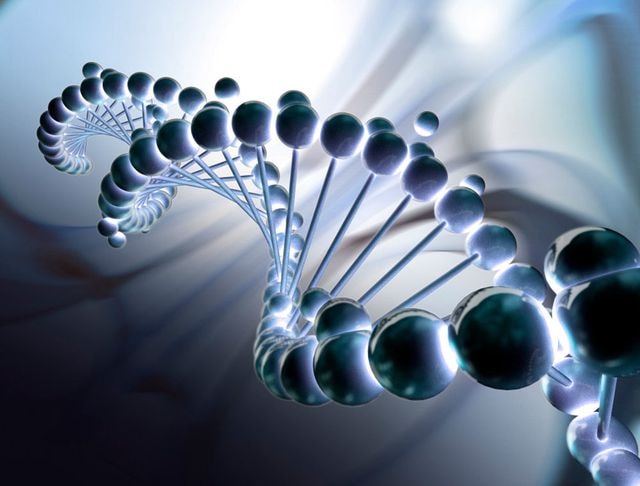DNA hacking could help humans become “immortal”
That is the statement of an anti-aging expert from the US that is causing much controversy in the world's research community.
"A person could live to 1,000 years old," admits 55-year-old scientist Aubrey de Gray, who believes new biotechnology will help us live for centuries or longer.
 |
His team at the SENS Research Foundation in California's Silicon Valley is developing techniques to fix the ways the human body breaks down in later years.
That includes removing “junk” from inside human cells that naturally accumulates as we age, as well as removing bad or damaged cells. The treatment would involve “biohacking” that would edit cells or DNA to permanently alter the human body in response to aging.
Injectable or oral medications are the way to go that would warp genes in an attempt to turn off the mechanisms that cause humans to age, extending life far beyond what nature intended.
The SENS organization's work has peaked the interest of Google founder Peter Thiel, who is helping to fund the research.
The biggest obstacle going forward, according to Dr. de Gray, is public acceptance.
The London-born scientist says widespread misunderstandings about the nature of the crusade threaten to hinder research, as many people are opposed to the idea of enhancing human lifespans.
The fact is that many scientists have objected to the idea as irresponsible. We do not know the long-term effects of the treatment. Questions have also been raised about its appropriateness.
University of Michigan professor Richard Miller told the Week rather pointedly that Dr. de Grey's lifelong goal was "so absurd that it commands no respect in the informed scientific community."
Currently, the research project to find "immortality" for humans is still continuing despite conflicting opinions.
